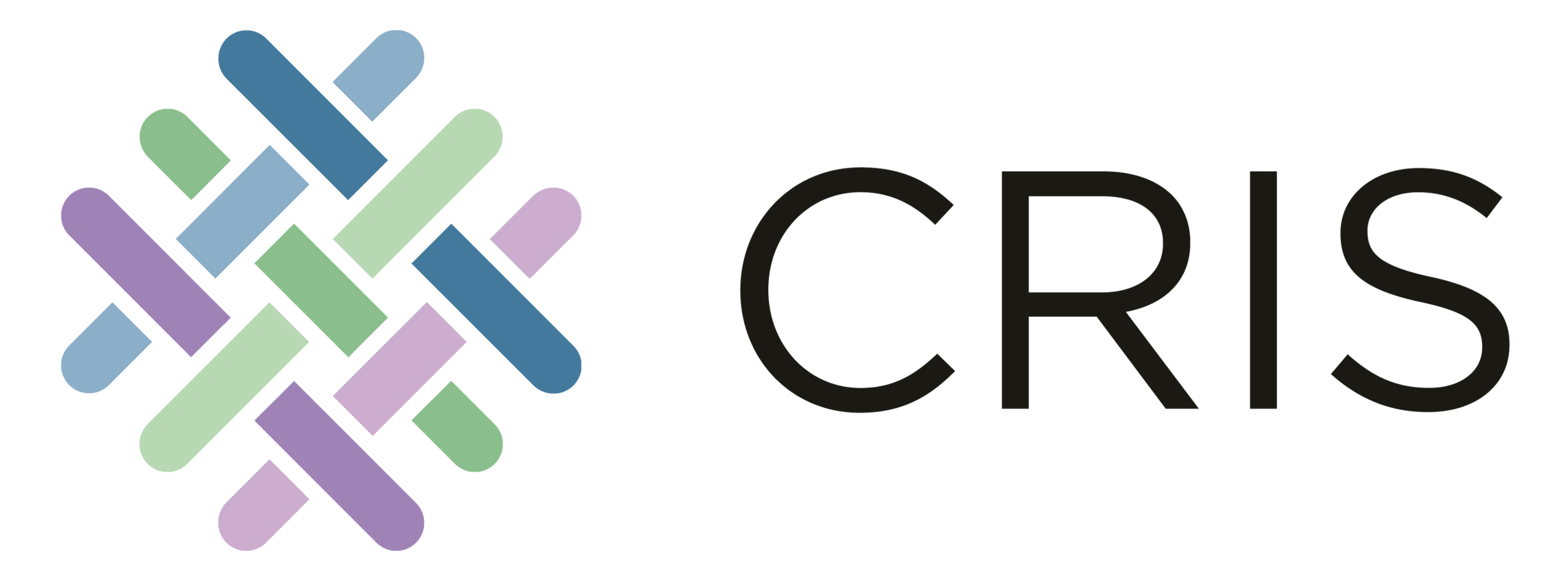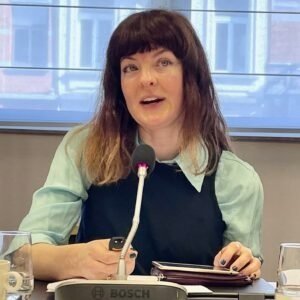This book takes a fresh and much-needed look at how religion intersects with radicalization and violent extremism in today’s world. While the events of 9/11 cemented certain assumptions—particularly about Islam’s role in religiously motivated violence—the landscape of extremism has become far more complex over the past two decades. Yet, much of the discourse around radicalization has remained stagnant. This book challenges those outdated narratives and offers a broader, more nuanced examination of how religion and religiosity are weaponized by various extremist movements.
Read MoreAround the world, governments in liberal democracies are increasingly worried by the decline of public trust. The question that is often asked is why individuals and communities have declining trust in government institutions. However, the reverse question – whether governments trust communities, and if not, why not – is far less frequently explored. A relationship of trust involves one party trusting another, and that trust being returned. One key quality of trust is therefore reciprocity. For a successful trust relationship to be created and maintained it must be reciprocal. Trust must flow both ways – not just from communities to government but from government to communities.
See our new report for great insights and recommendations.
We have recently released a new report and policy brief: 'Can Do Better', mapping ordinary anti-racism and pro-sociality in Victoria.
Read MoreCRIS is saddened by the recent passing of Azraf Ezaz.
Read MoreThe Australian Human Rights Commission has published its scoping report for a new National Anti-Racism Framework.
Read MoreCRIS’s Masculinities and Social Cohesion project team have created The Working with Men and Boys for Social Justice Assessment Tool. The Tool provides leaders, designers and facilitators of programs for men and boys the opportunity to review, reflect on and strengthen principles of gender and social justice in their work.
Read MoreMultiple CRIS researchers have been awarded Australian Research Council (ARC) Discovery Project funding announced in late November for 2023.
Read MoreCongratulations to Professor Anita Harris who has been named a fellow of the Academy of the Social Sciences in Australia.
Read MoreDr Matteo Vergani spoke at a panel discussion following the AHRC’s Kep Enderby Memorial Lecture. The panel spoke about online hate and the need for legislative reform, and Matteo was joined by Rita Jabri Markwell and Professor Sandy O’Sullivan.
Read MoreThis report presents bias indicators for the Australian context and discusses their concept, uses, benefits and risks. The bias indicators we present are the result of extensive consultations with local experts including academics and practitioners working in law enforcement agencies, government and non-government organisations and community organisations.
Read MoreThis report presents findings of a national survey of over 1300 Australians conducted in November 2020 examining well-being and resilience within the COVID-19 pandemic context. The research project looked at the factors that promoted or hindered well-being and resilience during the pandemic, and what we can learn for future crises.
Read MoreLirata Consulting undertook an independent interim evaluation of CRIS’s impact and value during our 4th year of operation.
Read MoreVivian Gerrand presented at the GREASE Final Conference on behalf of Michele Grossman (Deakin University) and Thomas Sealy (University of Bristol). The conference ‘Radicalisation, secularism and the governance of religion: bring together diverse perspectives was held in Brussels on 22-23 September, and marked the end of the four year project.
Read More



















